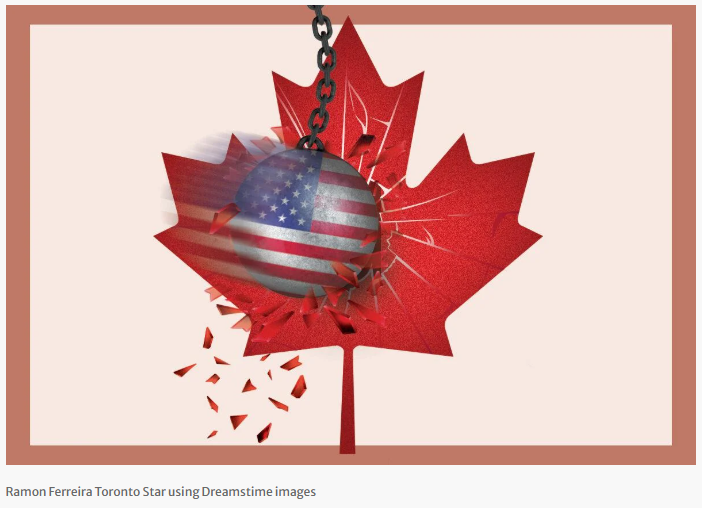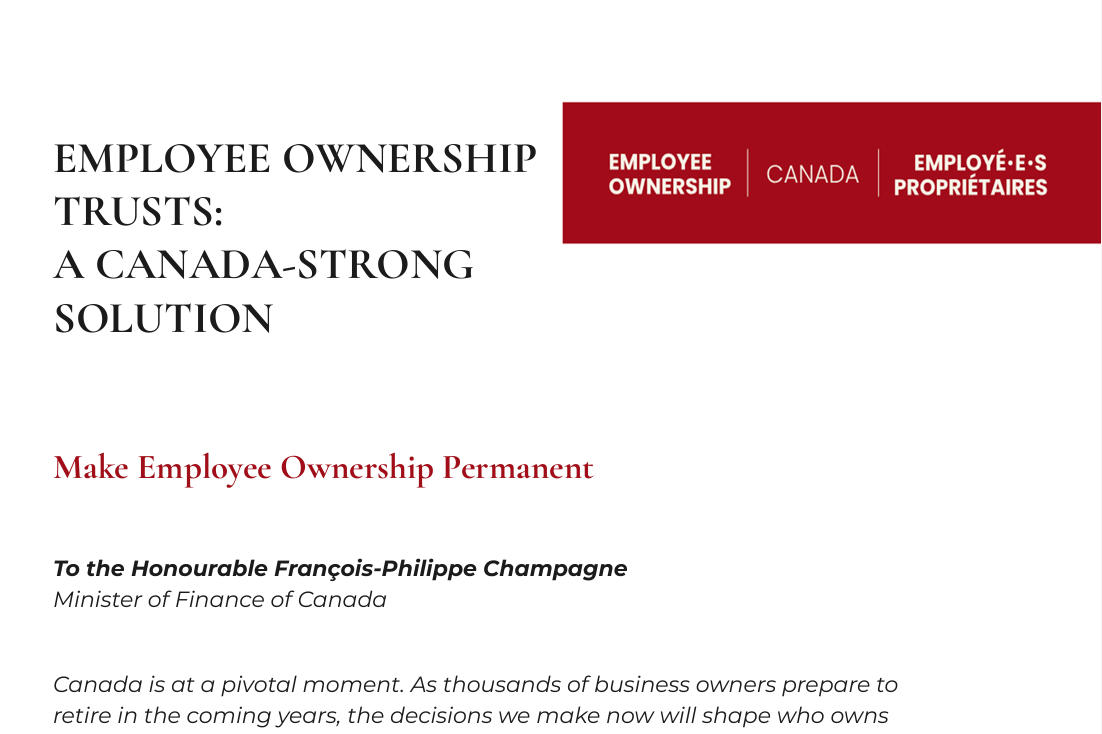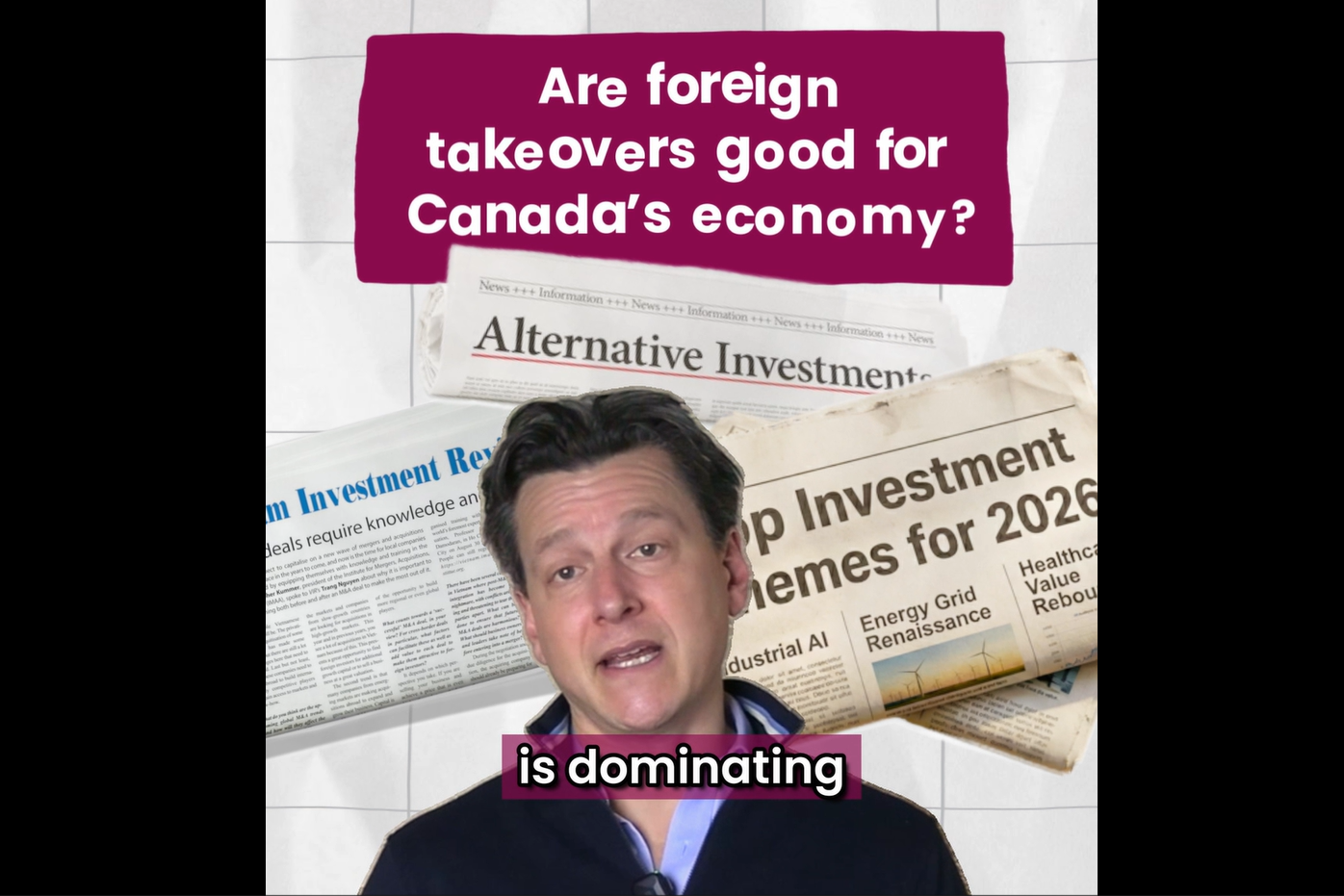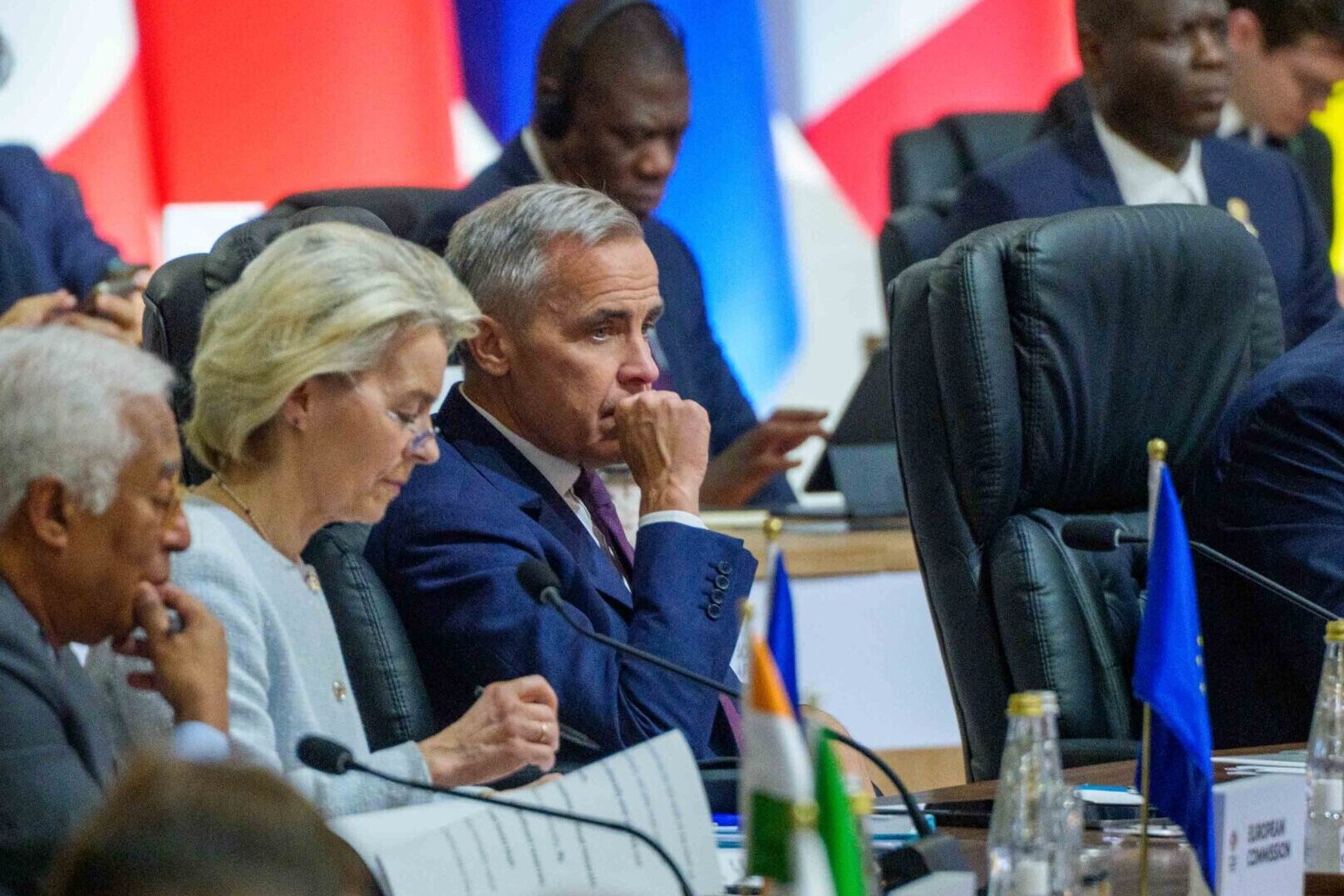By Ana Pereira | The Toronto Star
When U.S. President Donald Trump threatened to launch a full-blown trade war with its closest ally, many Canadians felt as if their best friend had suddenly turned around and stabbed them in the back.
Trump’s string of accusations, along with increasingly hostile suggestions that the U.S. annex Canada as “the 51st state,” have led many to pledge boycotts of American products. The majority of Canadians now support calling on the government to reduce our reliance on the U.S. as a trading partner, according to a recent poll by the Angus Reid Institute of more than 1,800 adults.
Patriotism aside, there are solid economic reasons why Canada might want to consider reducing trade with America, according to economists. Trump’s threats have introduced a major source of uncertainty in a decades-old trade partnership that saw Canada give up some of its independence in exchange for economic prosperity and stability.
It’s a relationship that has benefitted both economies, with nearly 80 per cent of Canadian exports currently ending up south of the border, but it was built on trust, and trade experts say that trust is now gone.
Is achieving a greater degree of economic independence from the U.S. really possible? Can we really undo decades of integration without seeing our economy crumble?
The Star spoke with economists, academics and other experts, including SCP CEO Matthew Mendelsohn, about how the country should best navigate this new era of Trump’s isolationism, and found there are realistic steps we can take to reduce our dependence on the States.

Share with a friend
Related reading
Sign the open letter | Make the Employee Ownership Trust incentive permanent
Employee Ownership Trusts (EOTs) offer a practical succession pathway that keeps businesses Canadian-owned, empowers employees to share in the value they help create and supports long-term investment in our communities. With the right policy support, employee ownership can be a strong, proven path forward for Canada’s economy. If this is something you support too, you are invited to read and sign Employee Ownership Canada’s national open letter.
Watch the video: Are foreign takeovers good for Canada’s economy?
We all want more investment in Canada's economy. But as SCP Chair Jon Shell explains in this video, when it comes to foreign investment in the Canadian economy, or FDI, we have to ask: is it investment that builds? Or investment that buys? Because these are two very different things.
Mark Carney’s Davos speech is a manifesto for the world’s middle powers
Mark Carney's recent speech at Davos matters because it treats this moment as a rupture, not a passing disruption. It’s in this rethink, write Matthew Mendelsohn and Jon Shell, that there is also relief: “From the fracture, we can build something better, stronger and more just,” Carney said. “This is the task of the middle powers.” The world's middle powers are not powerless, but we have been acting as if we are, living within the lie of mutual benefit with our outsized and increasingly erratic neighbour. Without the U.S., the world's middle-power democracies are rich, powerful and principled enough that we can unite to advance human well-being, prosperity and progress.


